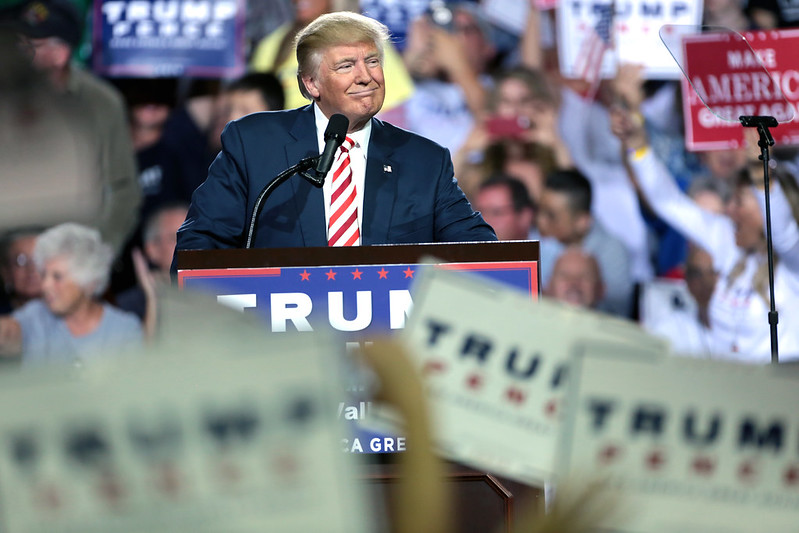
Earlier this week, the Trump administration finalized a rule protecting free speech and donor privacy. Under the rule, many nonprofits including 501(c)(4)s, 501(c)(5)s, and 501(c)(6)s would no longer be required to submit a Schedule B form to the IRS.
President Trump, Treasury Secretary Mnuchin, and leaders in Congress including Senate Majority Leader Mitch McConnell (R-KY) and House Minority Leader Kevin McCarthy (R-Calif.) should be congratulated for their work defending free speech.
Congress first required section 501(c)(3) organizations to send the IRS to personal information of their donors 50 years ago. This information, which includes the names and addresses of donors, is submitted to the IRS on the Schedule B form. The agency later extended this requirement to all other tax-exempt organizations including 501(c)(4)s and 501(c)(6)s.
Schedule B forms are not used for any official purpose and the IRS is prohibited from sharing or disclosing this sensitive information. Instead of serving a legitimate purpose, the disclosure requirement creates needless compliance costs on both non-profits and the IRS.
Ending the collection of Schedule B forms will significantly streamline tax compliance. The Institute for Free Speech estimates that nonprofits would save about $63 million per year compliance costs if Schedule B were fully repealed.
Opponents of the rule have falsely stated that it allows a flood of “foreign dark money” into the political system. This is not true. As Secretary Mnuchin has noted in the past, this proposal does not limit transparency as the same information will be available to the public as before.
There are already measures in place to track foreign donations, and it is highly unlikely that anyone will admit to funneling illegal money on the form. Even if the IRS did suspect laws were being broken, it has no authority to share the information it collects with the FCC and the DOJ, the two agencies with the ability to enforce campaign finance laws.
Ending the collection of Schedule B forms will instead remove a tool of the left to chill political speech.
Under the Obama administration, there were several cases where agency officials leaked the sensitive information contained on Schedule B forms for political purposes, such as leaking of the schedule B belonging to the National Organization for Marriage.
The IRS record of protecting taxpayers is poor in this space – a 2016 report by the Government Accountability Office warned that the IRS may still be unfairly targeting non-profits “based on an organization’s religious, educational, political, or other views.”
Ending the collection of sensitive taxpayer data for non-profits is a huge victory for free speech and will stop future administrations from targeting these organizations.
Democrats have already tried to block this proposal through the Congressional Review Act process and will undoubtedly continue trying to oppose it in Congress.
Moving forward, further efforts by Democrats to oppose this rule in Congress should be rejected. Instead, lawmakers should follow the lead of the administration and ensure that the prohibition on collecting Schedule B forms is expanded to all non-profits and codified in law.

